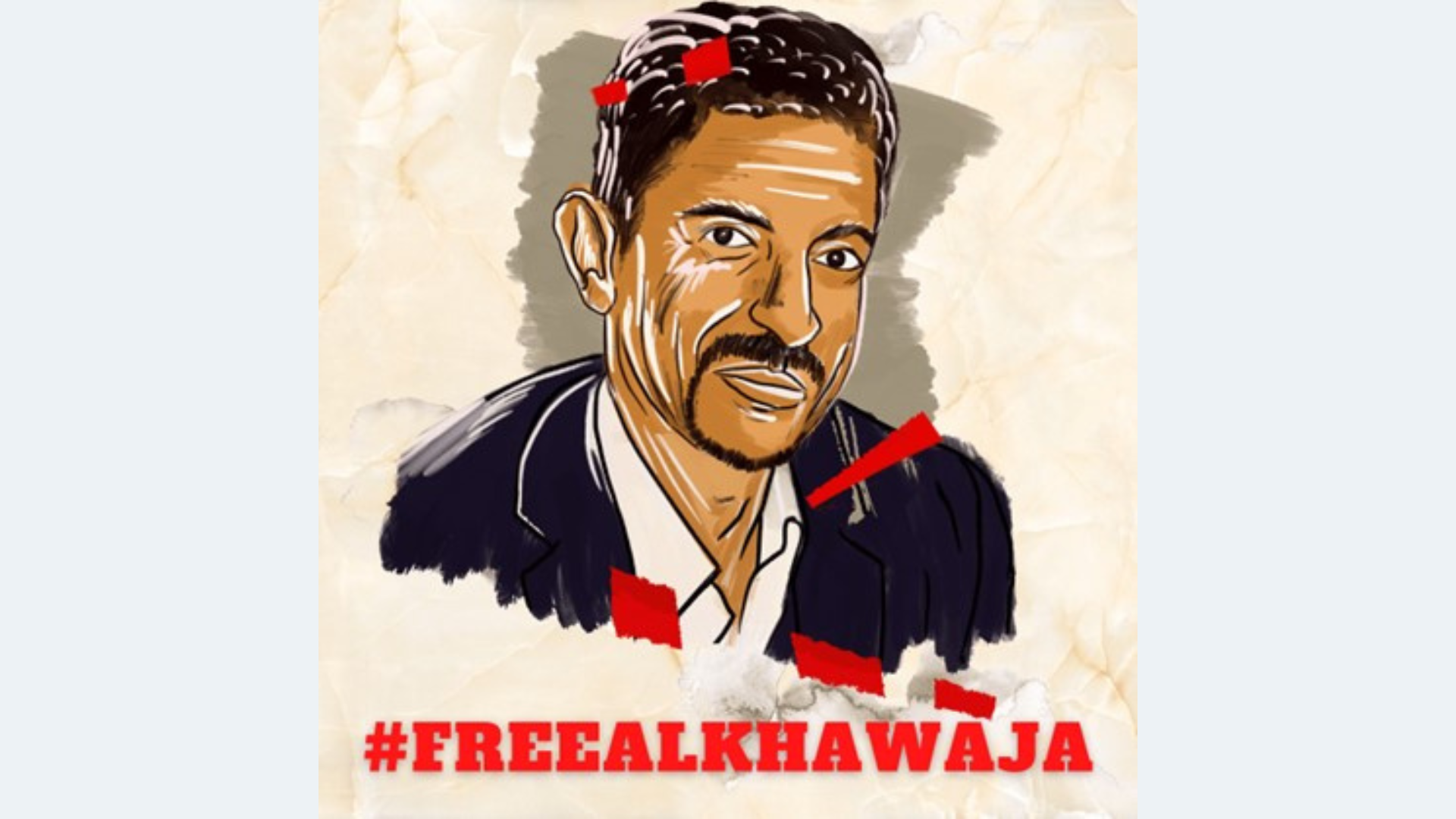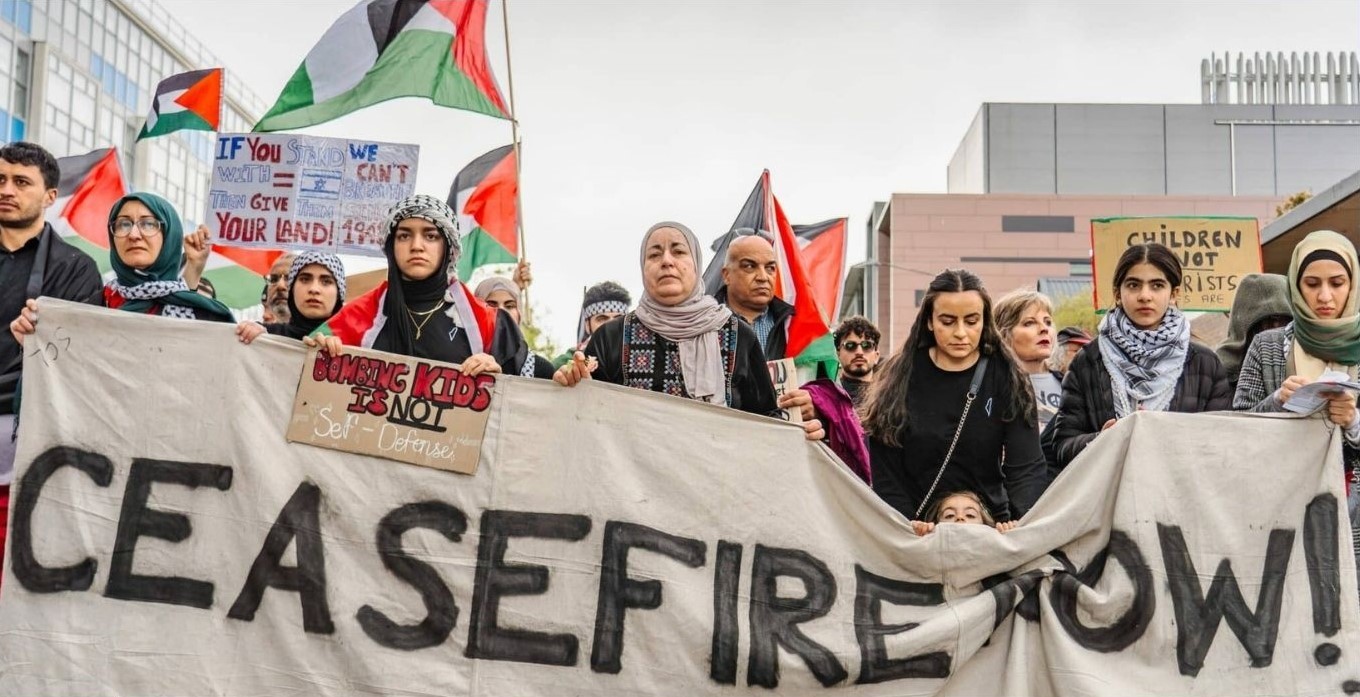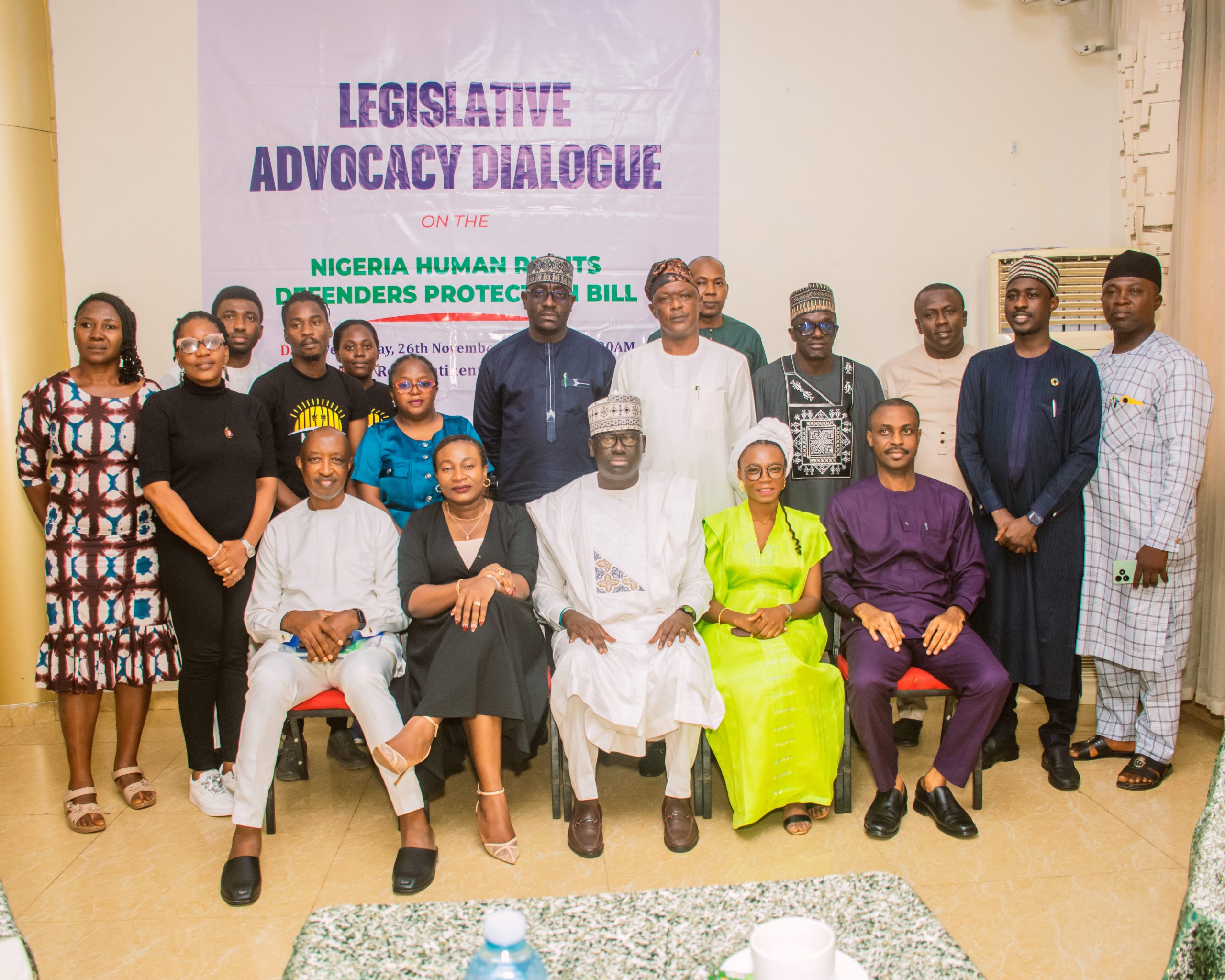(New York) – Governments must act to prevent substantial budget cuts to the Office of the High Commissioner for Human Rights (OHCHR) and to ensure the Office has adequate funding to fulfill its critical mandate, the International Service for Human Rights together with 27 other NGOs said today.
The joint letter comes as States gather in New York to negotiate the UN’s budget for 2014-2015 at the General Assembly. It is proposed that core funding to the OHCHR – the UN’s lead human rights agency – be slashed by around 5 percent.
‘The proposed budget cuts are untenable, coming at a time of increased need for the UN’s human rights programme and worsening global attacks and restrictions on the work of human rights defenders and non-governmental organisations,’ said Michelle Evans of the International Service for Human Rights.
ISHR says the possible decrease is even more distressing given OHCHR’s already disproportionately small allocation of the UN’s overall budget.
‘Despite being the lead agency for one of the three main pillars of the UN, alongside security and development, the UN’s human rights office currently receives less than 3 percent of the UN budget,’ said Ms Evans.
The proposed decrease, which is mainly made up of staff cuts, comes at a time when the Office is experiencing overwhelming financial challenges and an ever-increasing workload.
‘The contributions to OHCHR from the UN regular budget are not keeping up with the numerous new and expanded mandates established by the Human Rights Council, the activities associated with the Universal Periodic Review and its follow up, and the establishment of new international human rights treaties as well as the increasing accession of States to those treaties,’ Ms Evans said.
‘It’s critical that governments prevent a reduction to the OHCHR budget, and commit to increasing the relative proportion of the UN regular budget for human rights activities from the present 3 percent share,’ she said.
The letter to governments also outlines the alarming proposed removal of UN regular budget funding for a high-level post tasked with strengthening collaboration between civil society and the UN human rights programme.
‘Government support for retention of the post with funds from the UN regular budget is what’s needed to demonstrate States are sincere about the crucial role of civil society in promoting and protecting human rights,’ Ms Evans said.
An opinion piece on the need to increase funding to the UN’s human rights program by leading international human rights expert and head of the Northern Ireland Human Rights Commission, Professor Michael O’Flaherty, is available here.
Michelle Evans is ISHR’s New York Manager and Advocacy Coordinator. She can be contacted on [email protected] or +1 212.490.2199
Photo: UN Photo/Mark Garten



